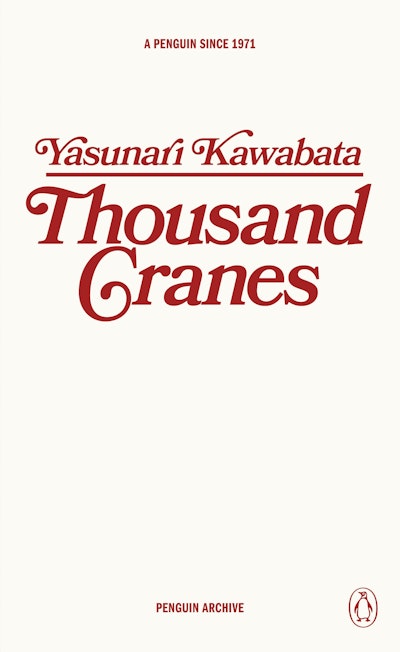[]
- Published: 15 July 2025
- ISBN: 9780241752098
- Imprint: Penguin Classics
- Format: Paperback
- Pages: 144
- RRP: $14.99
Thousand Cranes
Formats & editions
Buy from…
- Published: 15 July 2025
- ISBN: 9780241752098
- Imprint: Penguin Classics
- Format: Paperback
- Pages: 144
- RRP: $14.99



